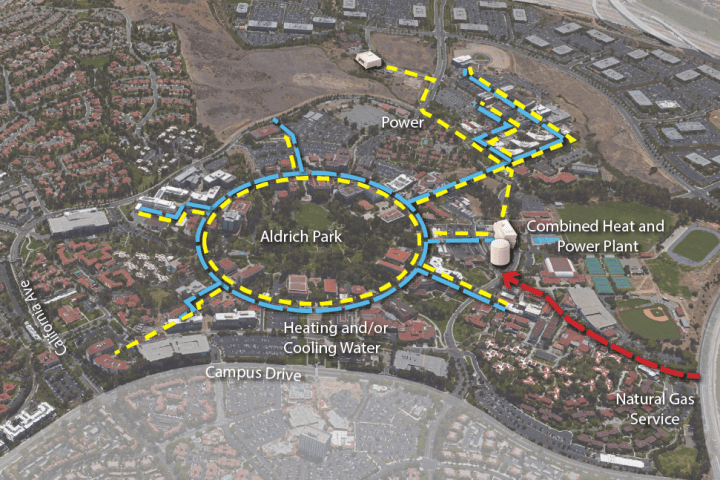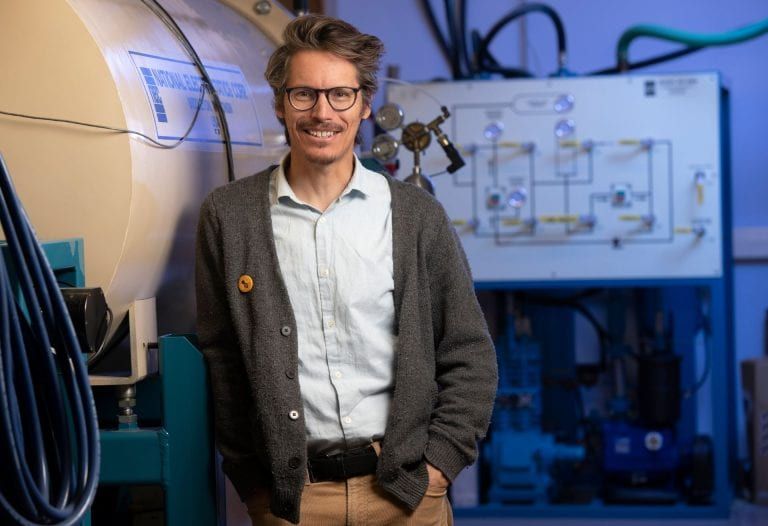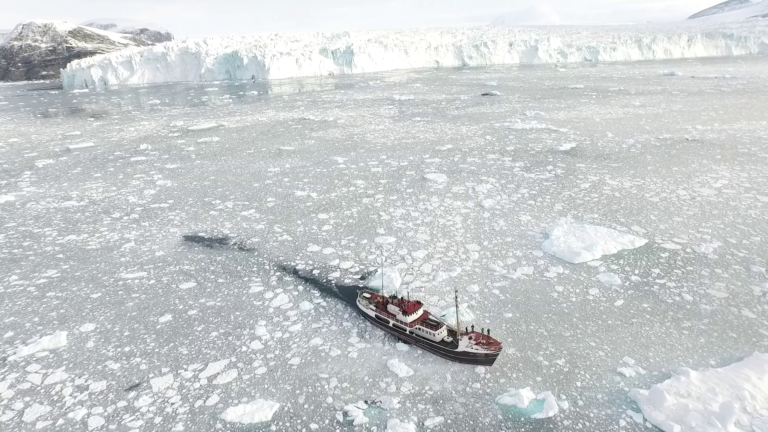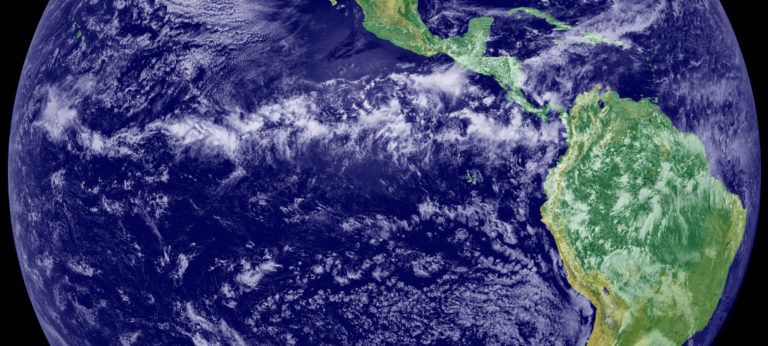To strengthen the University of California’s commitment to reducing fossil fuel use at all campuses and medical centers, the UC has adopted stronger climate action goals that support California’s recently adopted decarbonization policy, the AB1279 Climate Crisis Act. The updated goals prioritize direct emission reductions, limiting the use of carbon offsets, and align the UC’s climate objectives with those of the state.
The UC’s new climate policy puts in place a framework...
UC Irvine-led science team shows how to eat our way out of the climate crisis
Agriculture is one of the hardest human activities to decarbonize; people must eat, but the land-use practices associated with growing crops account for roughly a quarter of global greenhouse gas emissions. Researchers at the University of California, Irvine and other institutions evaluate a new solution to this problem, one that eliminates farms altogether.
In a study published today in Nature Sustainability, the UCI-led team of scientists assess the potential for widescale synthetic...
UC Irvine scientists reveal what fuels wildfires in Sierra Nevada Mountains
Wildfires in California, exacerbated by human-driven climate change, are getting more severe. To better manage them, there’s a growing need to know exactly what fuels the blazes after they ignite. In a study published in Environmental Research Letters, Earth system scientists at the University of California, Irvine report that one of the chief fuels of wildfires in California’s Sierra Nevada mountains is the decades-old remains of large trees.
“Our findings support the idea that...
UCI, NASA JPL researchers discover a cause of rapid ice melting in Greenland
While conducting a study of Petermann Glacier in northwest Greenland, researchers at the University of California, Irvine and NASA’s Jet Propulsion Laboratory uncovered a previously unseen way in which the ice and ocean interact. The glaciologists said their findings could mean that the climate community has been vastly underestimating the magnitude of future sea level rise caused by polar ice deterioration.
Using satellite radar data from three European missions, the UCI/NASA team learned...
Scientists discover a way Earth’s atmosphere cleans itself
Human activities emit many kinds of pollutants into the air, and without a molecule called hydroxide (OH), many of these pollutants would keep aggregating in the atmosphere.
How OH itself forms in the atmosphere was viewed as a complete story, but in new research published in Proceedings of the National Academy of Sciences, a research team that includes Sergey Nizkorodov, a University of California, Irvine professor of chemistry, report that a strong electric field that exists at the...
Earth system scientists uncover ice-age shift in Pacific Ocean circulation
The overturning circulation of the Pacific Ocean “flipped” during the last ice age, altering the placement of ancient waters rich in carbon dioxide, according to Earth system scientists at the University of California, Irvine.
In a paper published in Science Advances, the researchers suggest that this shift in the 3D churning of such a large ocean basin must have enhanced the sequestration of CO2 in the deep sea, thereby lowering the amount of the greenhouse gas in ice-age Earth’s...
Up-trending farming and landscape disruptions threaten Paris climate agreement goals
UCI-led team tracked global land-use greenhouse gas emissions from 1961 to 2017
January 27, 2021 — One of President Joe Biden’s first post-inauguration acts was to realign the United States with the Paris climate accord, but a new study led by researchers at the University of California, Irvine demonstrates that rising emissions from human land-use will jeopardize the agreement’s goals without substantial changes in agricultural practices.
In a paper published today in Nature, the...
Increasing ocean temperature threatens Greenland’s ice sheet
UCI and NASA JPL scientists study impact of warm, salty water beneath glaciers
January 25, 2021 — Scientists at the University of California, Irvine and NASA’s Jet Propulsion Laboratory have for the first time quantified how warming coastal waters are impacting individual glaciers in Greenland’s fjords. Their work is the subject of a study published recently in Science Advances.
Working under the auspices of the Oceans Melting Greenland mission for the past five years, the researchers...
UCI researchers: Climate change will alter the position of the Earth’s tropical rain belt
Difference by the year 2100 expected to impact global biodiversity, food security
January 18, 2020 – Future climate change will cause a regionally uneven shifting of the tropical rain belt – a narrow band of heavy precipitation near the equator – according to researchers at the University of California, Irvine and other institutions. This development may threaten food security for billions of people.
In a study published today in Nature Climate Change, the interdisciplinary team...
UCI Engineers Evaluate Snow Drought in Different Parts of the World
Deficit in Western United States found to be of increased intensity in recent years
August 3, 2020 – Environmental engineers at the University of California, Irvine have developed a new framework for characterizing snow droughts around the world. Using this tool to analyze conditions from 1980 to 2018, the researchers found a 28-percent increase in the length of intensified snow-water deficits in the Western United States during the second half of the study period.
Results from...









